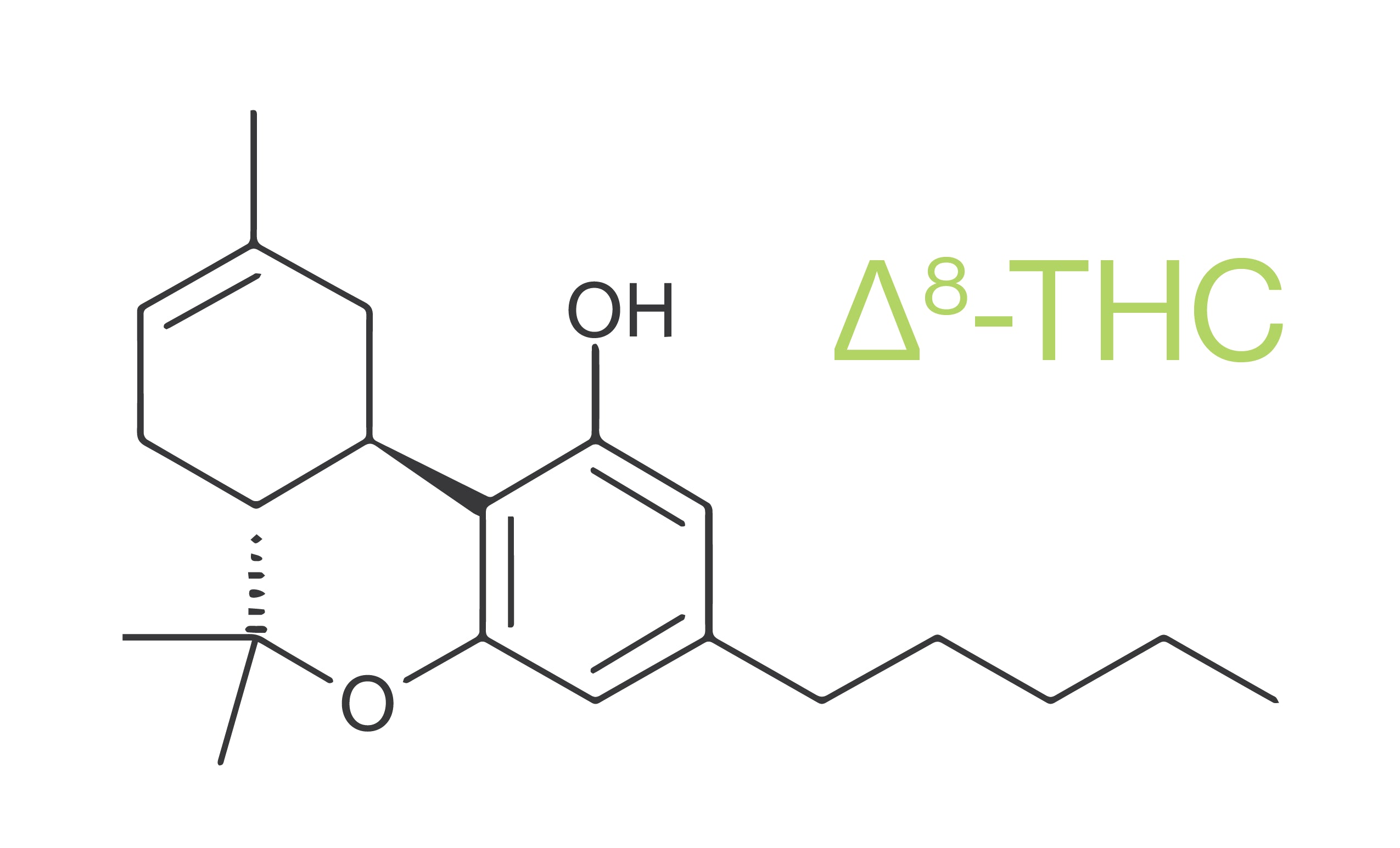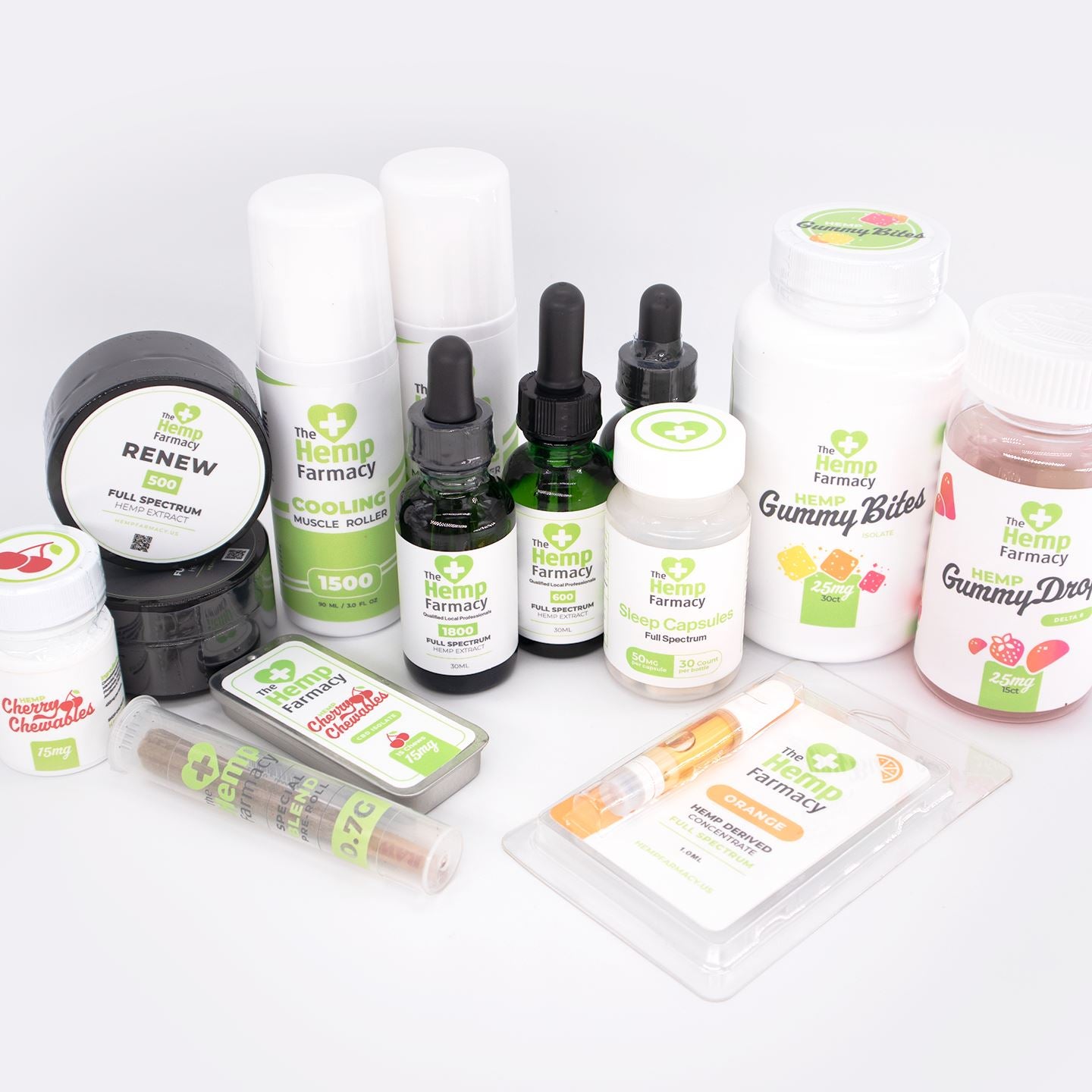
How to Identify Trustworthy CBD Products: A Detailed Guide
Finding Quality Hemp/CBD Products
Cannabidiol (CBD) is in huge demand. A few years ago, hardly anyone knew about it, and now millions of people are taking CBD oil as a health supplement. Unfortunately, there are minimal set standards and little government oversight for the manufacturing of hemp-derived CBD products. Often referred to as the "wild west," this lack of uniformity leads to deception by some manufacturers and retailers and confusion for the consumer.
Today’s wise CBD buyer does their due diligence, including research prior to their purchase. It is of utmost importance to buy from a reputable company you can trust. Inferior products in the marketplace may contain dangerous residual solvents leftover after processing, thinning agents, artificial flavors, and colors. Others may have molds, pesticide residues, and other toxins from the growing conditions. It is in the consumer’s best interest to check the items below as part of their decision-making to ensure the safety as well as the efficacy of the CBD product.
-
Soil and Growing Standards

Simply put, the hemp plant that grows in rich, healthy soil will be of high quality; therefore, the CBD extracted from it will be high-quality. The opposite is also true, even more so than with other plants and vegetables we consume. Hemp pulls toxins from the soil into the plant. This study confirms hemp as a bio-accumulator, meaning it removes considerable quantities of heavy metals from the ground with its root system. Hemp crops can even be used for cleaning the soil from heavy metals. The concentrated forms of the plant are then highly unsafe for human consumption.
Low-quality hemp may have been exposed to artificial chemicals designed to fertilize or kill pests and weeds to produce a higher yield. Conscientious and organic farmers use less harmful alternatives for pest and weed management, sometimes using crop rotation, cover crops, mulching, using diatomaceous earth, or bringing in natural predators. Natural fertilizers such as worm castings, compost, fishmeal, bonemeal, and even seaweed extracts, give the plant much-needed nutrients without the synthetic component of chemical fertilizers.
Hemp grown in the United States is a safer bet because growers must become certified by the State Departments of Agriculture before their product is sold. Your CBD retailer’s website or customer service center should be able to tell you where the hemp is grown. It is essential to know where the hemp is sourced and not grown in contaminated soil or with dangerous pesticides.
-
Carrier Oils and Thinners

Carrier oils are used in various CBD products, including edibles, tinctures, topicals, and capsules. Vape products should not contain carrier oils which can create harmful residue in the lungs. Currently, other products such as terpenes or vegetable glycerine are utilized to thin the CBD for vaping. Under no circumstances purchase a black market product that may use vitamin e-acetate as it has been proven to lead to severe lung disease. Also, be wary of propylene glycol used to thin vape oils, which can degrade into formaldehyde, a chemical that can increase the risk of asthma and cancer. This study showed the dangers of propylene glycol and presented evidence that it is more hazardous when heated as happens during the vaping process.
Fat-soluble substances are better absorbed when digested along with fat. All carrier oils are fat-soluble, which means CBD dissolved in it is more bioavailable, helping your body absorb the CBD oil. Instead of being directly sent to the bloodstream like water-soluble substances, they are sent by the digestive tract to your fatty tissues and distributed throughout your body through the lymphatic system. Any excess is stored in your liver for later use when needed.
Medium-chain triglycerides (MCT) oil is the most common carrier oil for CBD tinctures. It is usually derived from coconut oil that is fractionated which is a process that separates the long-chain fatty acids, which solidify and are then removed. What remains is an ultralight, odorless coconut oil that stays liquid in the form at cooler temps and one that your body can quickly absorb. The MCT oil on its own has benefits, in addition to quick absorption, due to the molecular structure such as it does not require chemical processing, is almost flavorless and odorless, and has a long shelf life.
When choosing a carrier oil, the general rule is the higher in fat content, the more effective because they can dissolve CBD molecules more quickly. Although the fat content of hemp seed oil is less than MCT, it is another good option. CBD comes from the flower, while hemp seed oil is derived from the seeds. Hemp seed oil on its own contains omega 3 and omega 6 fatty acids along with fiber, magnesium, calcium, and iron. Other carrier oils such as olive oil, grapeseed oil, and avocado oil may also be available. However, it is wise to err on the side of caution if you have common allergies or sensitivities.
-
“Full Spectrum” or “Broad Spectrum”
The use of the "whole-plant" has been termed full-spectrum. However, this does not literally mean that the whole plant is used, but it does mean the entire flower or bud is processed. The plant's resinous trichomes found on the buds are the treasure troves where most of the medical compounds are found. The use of “whole-plant” in full-spectrum ensures that the CBD product includes more than just CBD. It also should have the full range of the hemp plant’s primary and secondary constituents. These include flavonoids, terpenes, and other cannabinoids that work synergistically with CBD. Because all the cannabinoids are present, users may benefit from what is known as the “entourage effect." The different cannabinoids work together and create a product with improved therapeutic results compared to those in an isolated form.
Broad-spectrum CBD products are very similar to full-spectrum because many of the hemp plant’s cannabinoids are extracted and recombined. The main exception is tetrahydrocannabinol (THC) which is completely removed during the extraction process. There may be trace amounts of THC in a full-spectrum product, up to 0.3%, which is the legal limit for hemp products. Broad-spectrum is an excellent option for those who will be drug tested and/or where the laws might prevent them from comfortably using even a trace amount of THC.
-
Extraction Method

The method of extraction is also an essential consideration for the CBD consumer. The purpose of the extraction is to make CBD and other beneficial components available in a highly concentrated form. During this process, the trichomes are pressurized and forced to expel the medicinal oils. Each method has its benefits as well as disadvantages.
One popular solvent method uses organic or pharmaceutical-grade ethanol for processing CBD. This removes unwanted residues and toxins from the plant and is considered the safest method of extracting human consumption. The extraction liquid will strip away the cannabinoids and flavor from the plant material but will probably also drag chlorophyll along. It is then heated and evaporated down to the CBD, yielding one of the highest amounts of cannabinoids.
To keep their costs low, some companies may use cheaper methods in solvent extraction. It is dangerous for the consumer when toxic solvents such as pentane, butane, propane, and hexane are used. Even if they are distilled out of the final product, trace amounts may be ingested and are harmful to your health.
CO2 cannabis extraction uses pressurized carbon dioxide to extract CBD and other phytocannabinoids from the plant. CO2 acts similarly to a solvent at certain temperatures and pressures the trichomes into releasing the resin compounds. This involves expensive equipment which freezes the CO2 gas and compresses it into a supercritical cold liquid state. This method is generally considered more environmentally friendly, considerably safer, cleaner, and less toxic than other methods.
-
Third-Party Lab Results and Transparency
A reputable CBD company will provide easily accessible and online lab reports on their products. An incomplete report or one that is not signed off on from an ISO (International Organization for Standardization) certified lab is not worth your time to read. ISO is an independent, non-governmental, international organization that develops standards to ensure the quality, safety, and efficiency of products, services, and systems. A company's transparency to the public is an essential aspect of building trust with its clients.
Consumers use these reports to verify the amount of CBD is congruent with the claim on the label in addition to not exceeding the legal amount of THC, which is less than 0.3%. If you're purchasing a full-spectrum product, the cannabinoid profile will show more than just CBD, including others such as CBN, CBDa, CBG, and THCs, to name a few. One would also expect to see a terpene profile that will vary from strain to strain.
In addition to these details, it is crucial to look for the testing on heavy metals and microbial contaminants such as yeasts, molds, and bacteria. There is a limit set on these, and the report will show a pass or fail. The analysis of volatile organic compounds will show if compounds like ethanol, butane, propane, acetone, and other residual solvents from the extracting process have not been removed adequately.
-
Customer Support
The customer support quality of the retailer is of highest importance to consider when purchasing CBD products. This is true even more so than with other health and wellness purchases because of the higher cost of items and the lack of product regulation and labeling requirements. Building a relationship with a client involves educating them on many nuances that they may not be aware of from the start. Many retailers are not available to answer questions and guide the consumer to what works best for them. Make the best decision and choose a company that can be trusted, provides product education, and guarantees satisfaction.
Written by Judy Ghanem, Hemp Farmacy Content Writer




Leave a comment
This site is protected by hCaptcha and the hCaptcha Privacy Policy and Terms of Service apply.